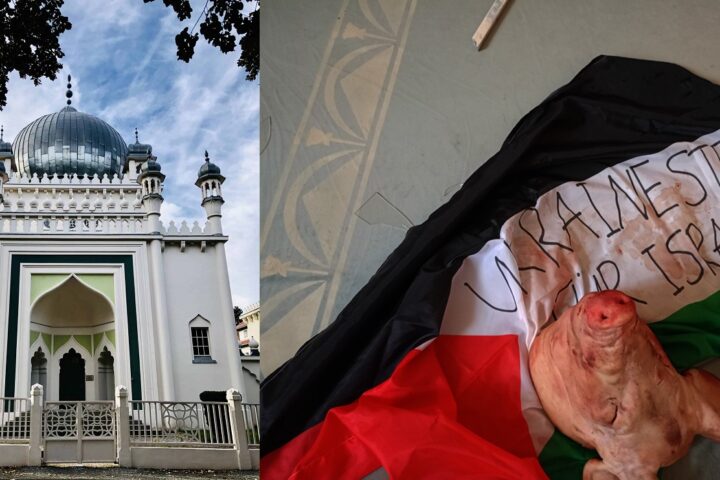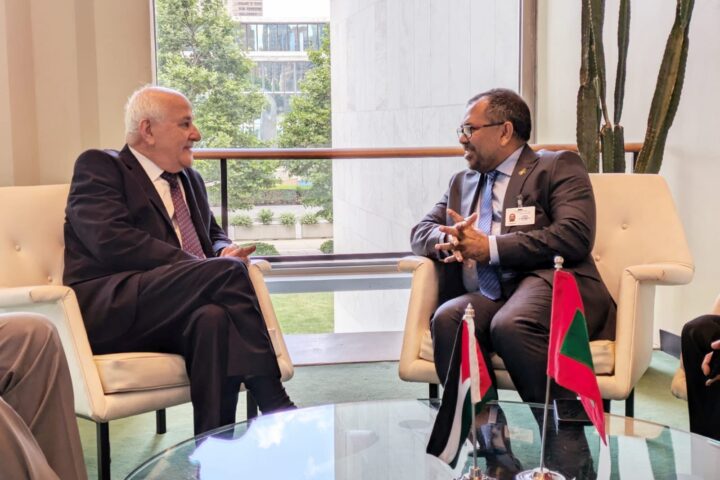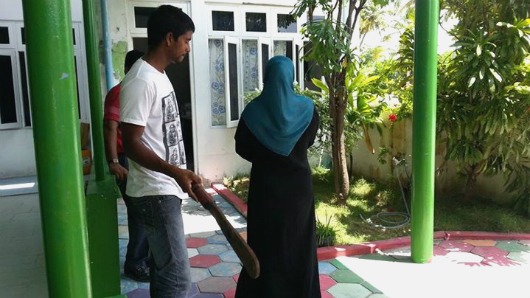Sri Lankan Foreign Minister Ali Sabry made waves on Monday by declaring his country’s desire to join the BRICS grouping. This move highlights the bloc’s growing influence. Sabry underscored that Sri Lanka would first seek India’s support before formally applying.
“We are keen on BRICS. The cabinet has already set up a sub-committee to chart our path forward. BRICS is especially appealing with India’s involvement,” Sabry told ANI. “India will be our first stop for support. I’ve been invited to the BRICS foreign ministers’ meeting in Russia, where we’ll assess our position further. Personally, I believe we should seriously consider BRICS,” he added.
Sri Lanka’s ambitions align with its strategic partnership under India’s Neighbourhood First Policy and Vision SAGAR. These initiatives aim to enhance connectivity and foster cooperation between the two nations. Sri Lankan President Ranil Wickremesinghe’s visit to India in July 2023 underscored this deepening relationship.
On January 1, 2024, Russia took the helm of BRICS, which now includes Egypt, Ethiopia, Iran, and the United Arab Emirates. This expansion signals the bloc’s rising authority on the global stage.
Sabry also revealed plans for a high-level Indian visit to Sri Lanka. “We are eager to host the Indian Prime Minister soon. My president visited India last year, so it’s now time for the Indian Prime Minister to visit us,” Sabry stated. “A high-level delegation, accompanied by business leaders, would significantly boost our already strong ties.”
Maldives’ Bold Economic Shift
Meanwhile, the Maldives is forging its own path with an ambitious de-dollarization strategy. Minister for Economic Development and Trade Mohamed Saeed has been a key player in this initiative, emphasizing the need to reduce dependence on the US dollar to bolster economic stability and sovereignty. By diversifying its currency mix, the Maldives aims to shield its economy from the volatility of the dollar.
Under President Dr. Mohamed Muizzu, the Maldives is on the way to implement measures to promote the use of local currencies in international transactions, particularly for imports. This initiative is part of a broader effort to strengthen the local currency and reduce reliance on the dollar.
The Maldives imports goods worth USD 1.5 billion from China and India annually. Saeed highlighted ongoing discussions with these countries to enable payments in local currencies, a move that could significantly cut dollar demand. “Even allocating $300 million for these transactions could reduce our dollar usage in the future,” Saeed explained.
BRICS and De-dollarization
The Maldives and Sri Lanka are part of a broader global trend among BRICS nations (Brazil, Russia, India, China, and South Africa) advocating for de-dollarization. These countries aim to lessen their vulnerability to US economic policies by promoting alternative currencies. China, for instance, is pushing for the Renminbi (RMB) in global trade, while Russia is increasing its euro and gold reserves.
This global shift is resonating with smaller nations like the Maldives and Sri Lanka. By aligning with BRICS’ strategies, they hope to gain economic and political support to fortify their own financial systems.
The economic strategies of the Maldives and Sri Lanka signify a pivotal shift in South Asia’s economic landscape. By pursuing de-dollarization and seeking inclusion in influential groups like BRICS, these nations aim to enhance their economic sovereignty and resilience. Aligning with broader global trends, they underscore a commitment to diversifying their economies and reducing dependency on the US dollar, marking a significant move towards a more multipolar global economy.













